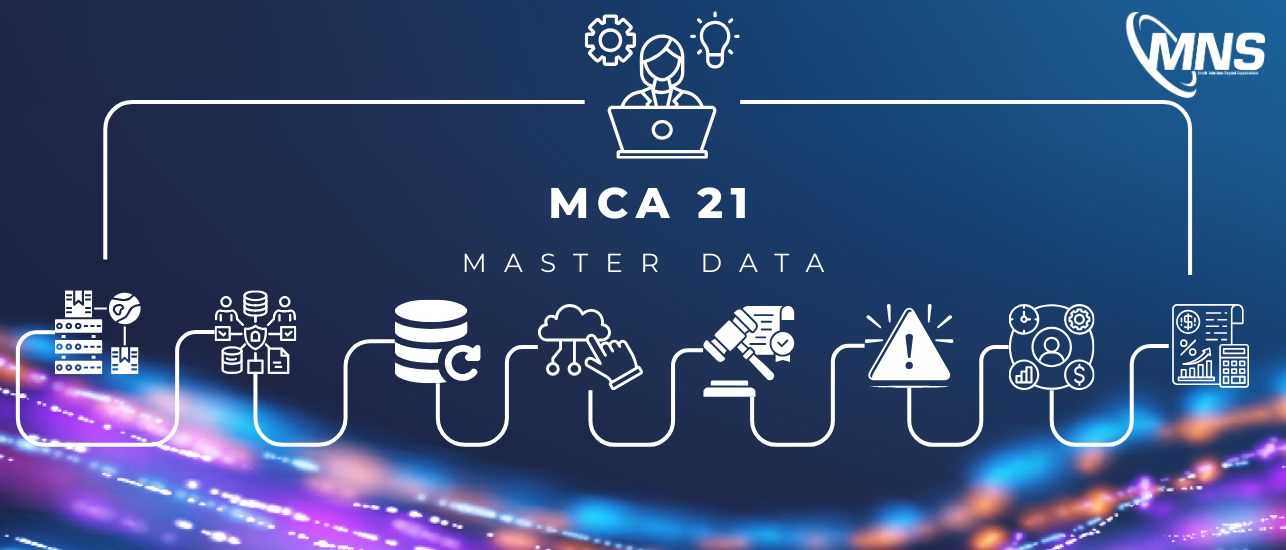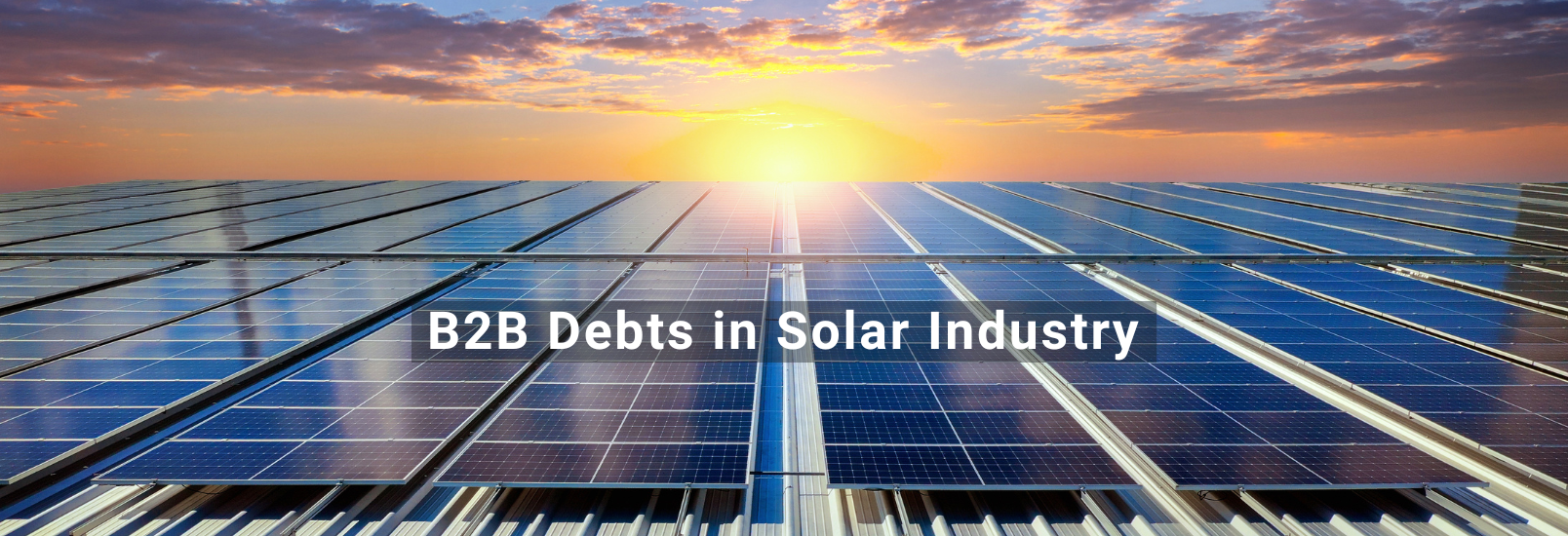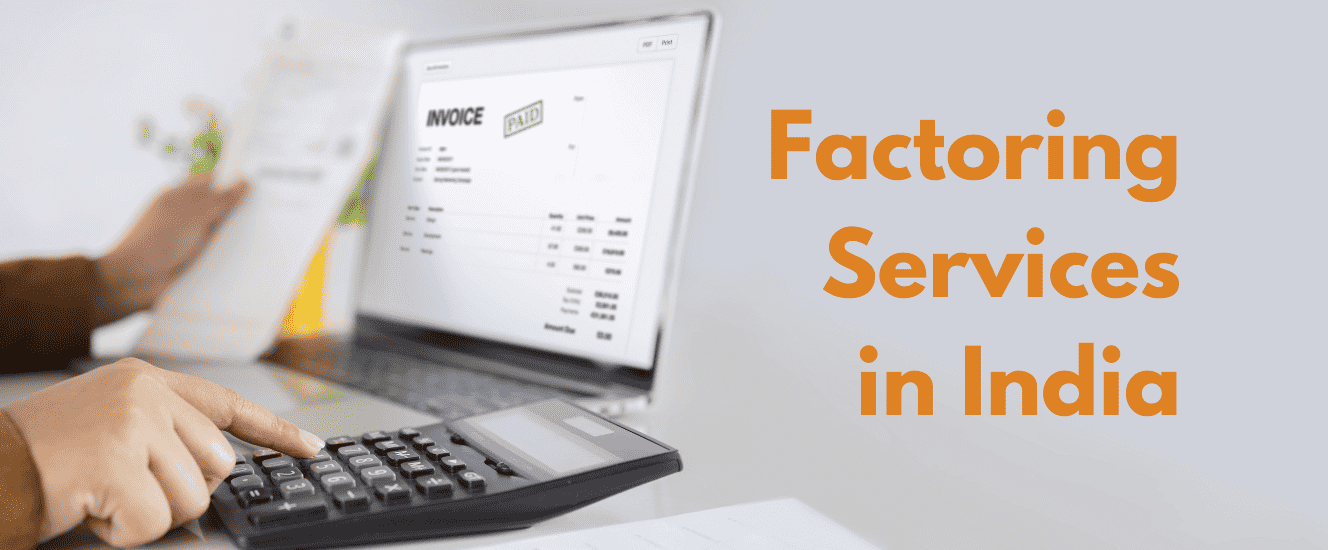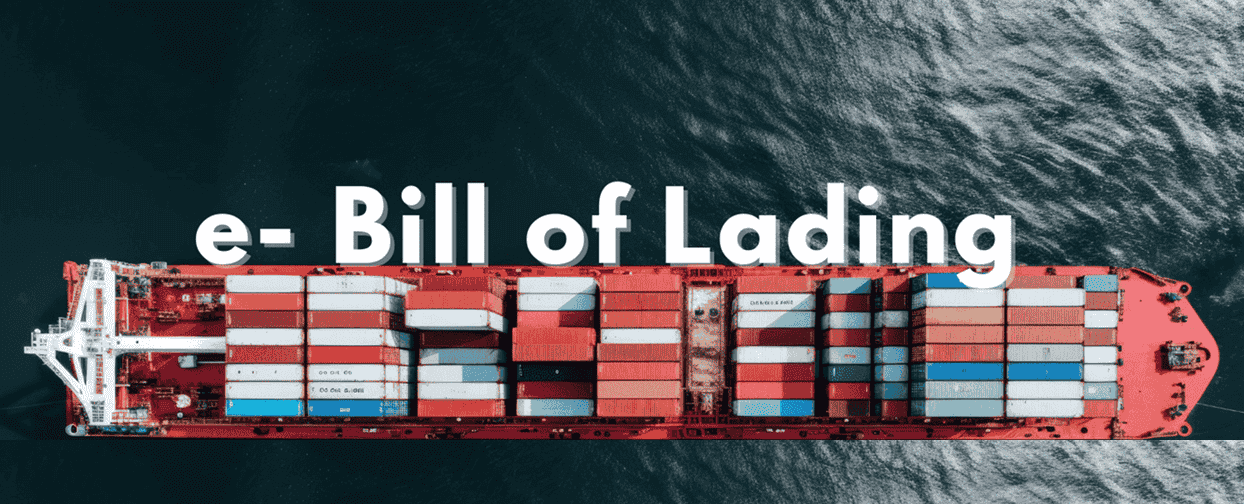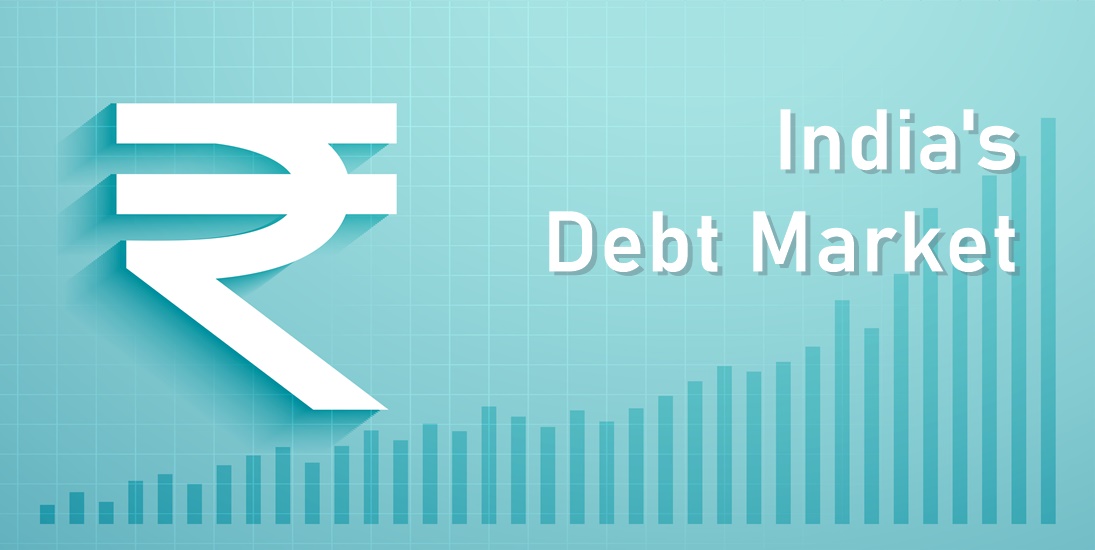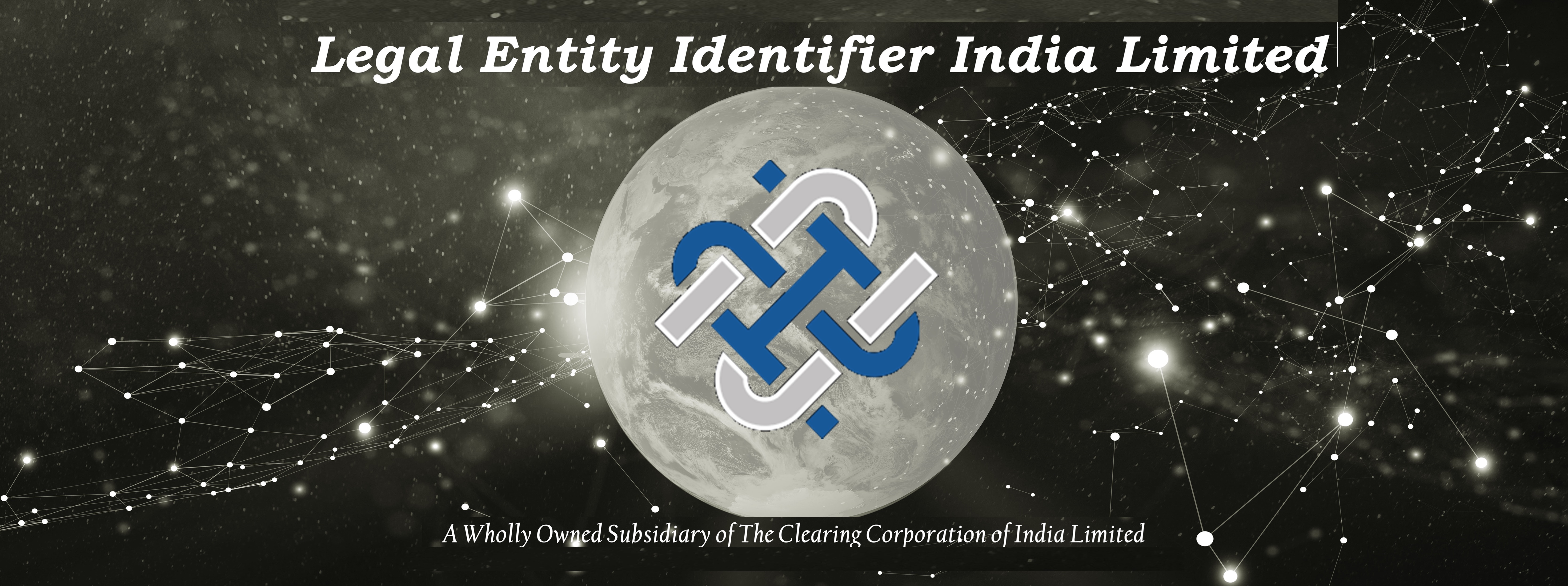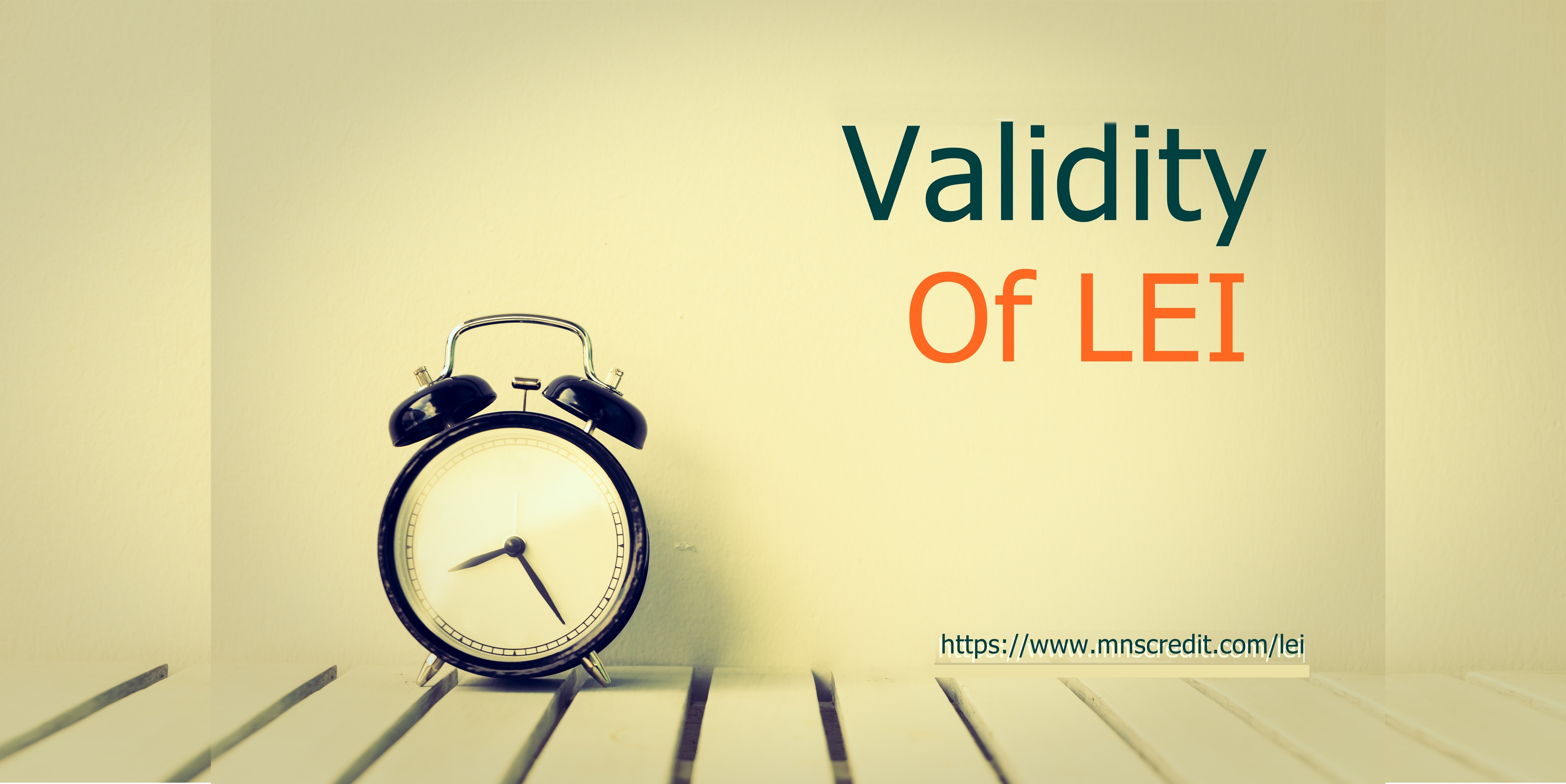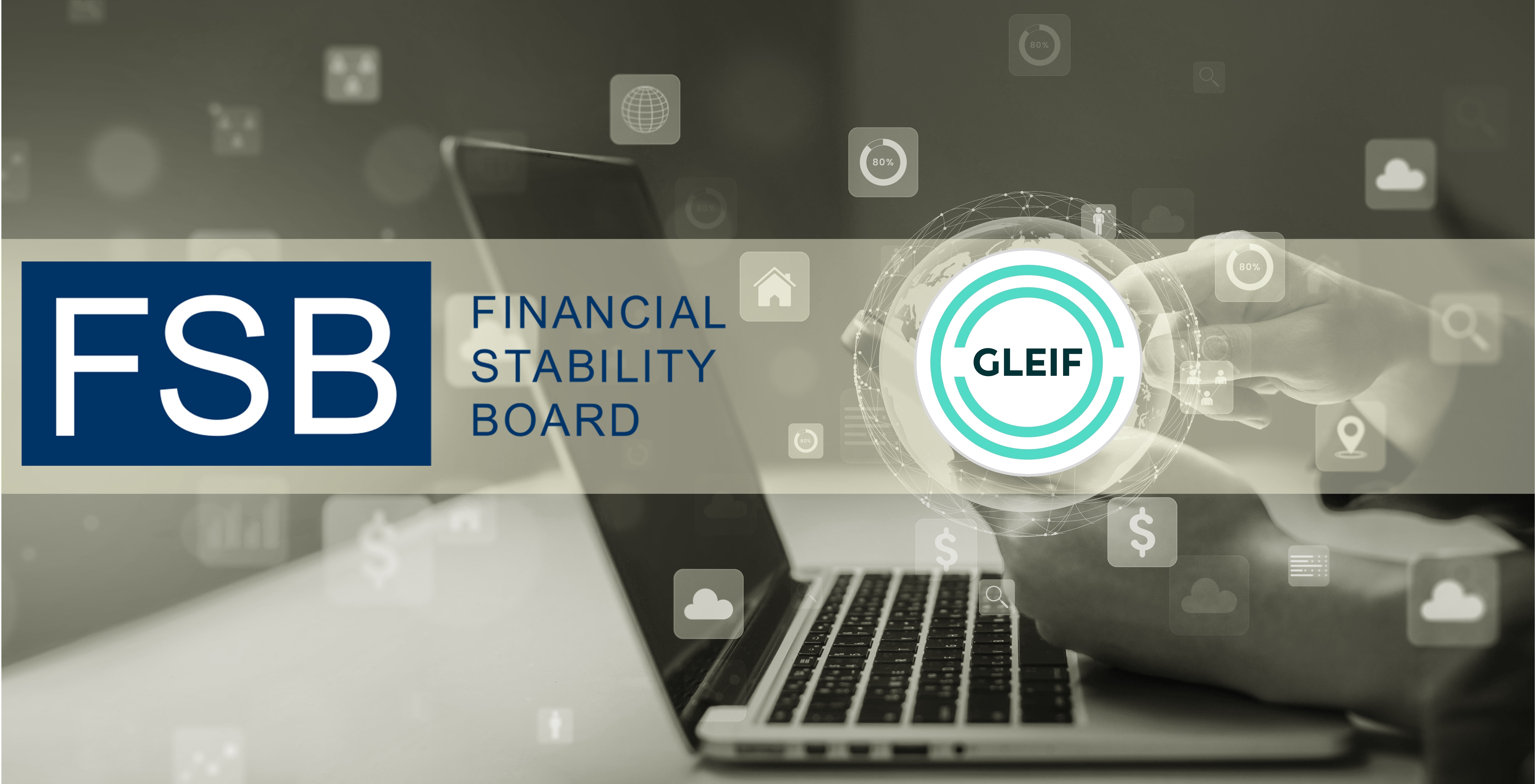The solar industry is rapidly expanding, driven by the global shift towards sustainable energy. However, with this growth comes the challenge of managing commercial business-to-business (B2B) debts. Unlike loans, where recovery processes are well-defined, managing unpaid invoices, delayed payments, and bad debts in B2B transactions requires a unique approach. This article explores the nature of commercial B2B debts in the solar industry and outlines strategies to address them effectively.
In 2024, corporate funding for the global solar sector declined by 24%, totaling $26.3 billion. Debt financing specifically saw a 6% decrease, amounting to $18.8 billion—a concerning trend for an industry pivotal to the global energy transition. In this evolving financial landscape, managing and recovering outstanding debts has become more critical than ever for businesses operating in the solar sector.
Unique Financial Dynamics of the Solar Industry
The solar industry operates on complex financial structures involving large-scale projects, long-term payment cycles, and multiple stakeholders. Some of the key factors contributing to commercial debts in the sector include:
- Delayed Payments from Contractors and Subcontractors: Large solar projects often involve multiple layers of contractors, leading to payment delays down the chain.
- Credit Terms and Agreements: Extended credit terms granted to clients can sometimes result in overdue payments.
- Disputes Over Project Deliverables: Disagreements regarding project specifications, timelines, or quality can lead to withheld payments.
- Economic Factors: Market fluctuations and policy changes can strain the financial capabilities of businesses, resulting in delayed or defaulted payments.
Challenges in Recovering B2B Debts in the Solar Sector
Unlike loan recovery processes, where legal frameworks are well-established, B2B debt recovery poses unique challenges in the solar industry:
- Lack of Security: Many B2B transactions are unsecured, relying solely on the terms of the agreement.
- Complex Contractual Obligations: Contracts in the solar industry often include technical and financial clauses that complicate debt recovery.
- Reputational Risk: Aggressive debt collection can harm relationships and tarnish a company’s reputation in a highly networked industry.
- Government-Supported Solar Projects: Unlike private-sector deals, government-backed projects often have different risk factors, such as political interference, changes in funding allocations, and bureaucratic delays. Public-sector solar projects may have payment delays due to changes in government budget priorities or reallocation of funds.
Want to give your business Global Validation and Legitimacy?
Apply for LEI Registration with MNS
(A validation Agent Appointed by GLIEF for issuance of LEI in India)
Effective Strategies to Address Commercial B2B Debts
To minimize and manage commercial debts in the solar industry, businesses can adopt the following approaches:
1. Proactive Credit Management:
- Perform rigorous due diligence before extending credit.
- Establish clear credit policies tailored to industry-specific risks.
2. Streamlined Invoicing and Payment Processes:
- Use automated invoicing systems to ensure timely and accurate billing.
- Implement robust follow-up mechanisms for overdue payments.
3. Clear Contractual Terms:
- Draft comprehensive contracts with clear payment schedules, penalties for delays, and dispute resolution mechanisms.
- Include clauses that ensure partial payments for completed milestones to maintain cash flow.
4. Dispute Resolution Mechanisms:
- Set up internal mediation teams to resolve disputes amicably.
- Leverage third-party mediation or arbitration for more complex disputes.
5. Engage Professional Debt Management Services:
- Partner with specialized agencies to handle overdue accounts professionally while maintaining client relationships.
- Focus on amicable settlements and recovery through negotiation rather than litigation.
6. Insurance Solutions:
- Explore trade credit insurance options to mitigate the risk of non-payment.
Conclusion
Commercial B2B debts in the solar industry are an inevitable part of doing business in a dynamic and capital-intensive sector. By adopting strategic financial practices, fostering transparent communication, and leveraging professional debt management services, businesses can ensure healthy cash flow and maintain robust relationships with their partners.
The key is to approach debt management not as a punitive measure but as a collaborative effort to safeguard the interests of all stakeholders in the solar value chain.
FAQ (frequently asked questions): b2b debt collection in Solar Industry.
1. What is b2b debt collection in Solar Industry?
B2B debt collection in the solar industry refers to the process of recovering unpaid invoices or overdue payments between businesses involved in solar-related transactions, such as manufacturers, EPC contractors, distributors, and commercial clients. It typically involves pursuing payments for products like solar panels, inverters, or installation services that were delivered under agreed terms but remain unpaid past due dates.
2. Why is the solar industry vulnerable to B2B payment defaults?
The solar industry faces payment delays due to:
- Project-based billing cycles (milestone payments, net metering delays)
- Dependence on third-party approvals (DISCOMs, government subsidies)
- Complex B2B structures (EPCs, subcontractors, leasing firms)
- Clients with seasonal or tight cash flow, especially MSMEs
- Ambiguous contracts with unclear service scopes or timelines
3. When should we involve a Debt Collection Agency (DCA)?
A DCA can help when:
- Invoices are 60–90+ days overdue
- Your team has sent multiple reminders with no response
- The client becomes evasive or untraceable
- You want recovery without damaging relationships
- You need legal escalation or documentation support
4. How does a DCA improve recovery outcomes?
A professional DCA can offer:
- Neutral, firm communication to push for payment
- Escalation paths (field visits, legal notices)
- Multilingual and regional staff to handle diverse geographies
- Legal readiness for arbitration or court filings
- Performance-based pricing (you pay only on success)
